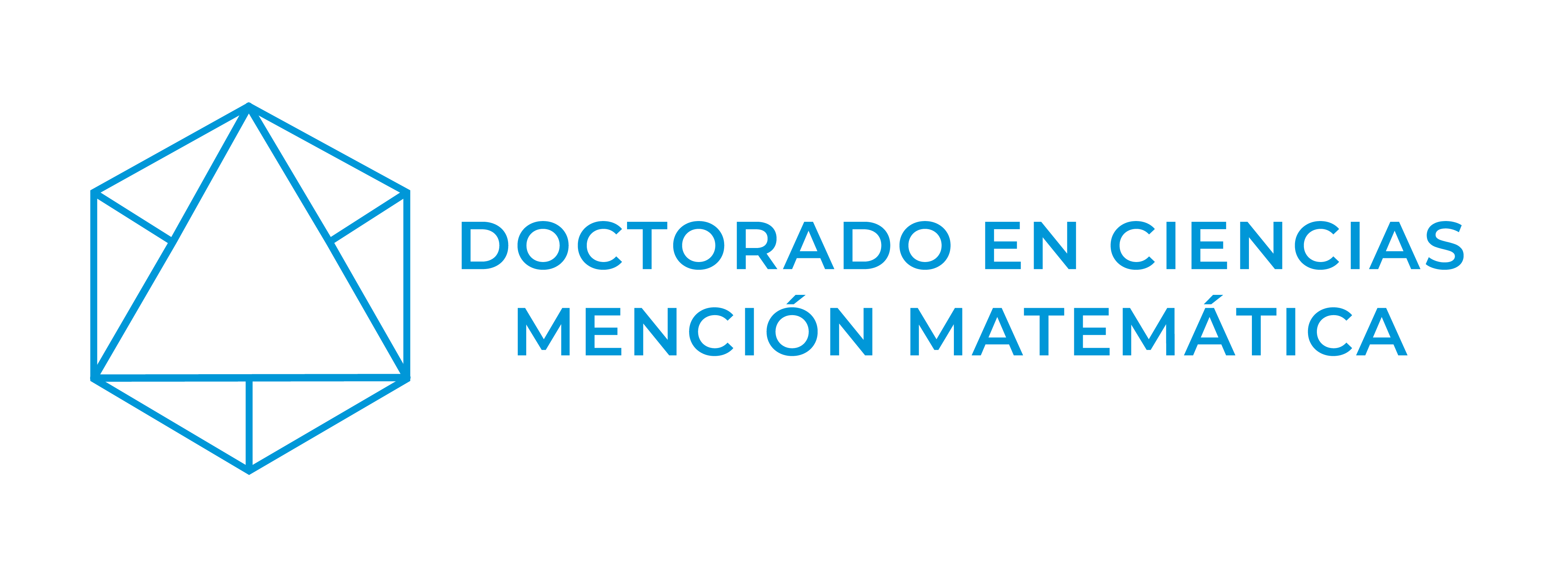Research Areas
Considering the existing experience of the Department of Mathematics and Statistics at the Universidad de La Frontera in undergraduate and graduate teaching, as well as in scientific research in the field of mathematics—and taking into account the level of development and academic expertise achieved by its faculty in the discipline—the following research areas and lines of development have been defined for the program:
ALGEBRA AND GEOMETRY
Our research in Algebra and Geometry is distinguished by its contributions to complex and differential geometry.
In the complex geometry group, we study the notion of symmetry in complex varieties, focusing primarily on the action of groups on Riemann surfaces, Abelian varieties, and K3 surfaces. The tools used to address these research problems are mainly geometric in nature and often involve identifying various types of invariants.
In differential geometry, we investigate the global geometry of Riemannian and sub-Riemannian manifolds that arise in problems from mechanics and control theory. Additional research is conducted in finite group theory, Hermitian lattice theory, graph theory, as well as Lie algebras and Lie groups.
Associated academics: Ángel Carocca; Paola Comparin; Mauricio Godoy Molina; Rubén A. Hidalgo; Saúl Quispe; Sebastián Reyes; Rubí E. Rodríguez
ANALYSIS
Research in the Analysis area is centered on partial differential equations, evolution equations, and non-Archimedean analysis.
In the study of partial differential equations, we focus on integro-differential equations of Volterra type and the properties of their solutions, with particular emphasis on their asymptotic behavior. The primary tools used come from harmonic analysis and probability theory, aiming to provide suitable representations of solutions to determine decay rates.
The evolution equations group investigates difference equations and dynamic equations on time scales, both autonomous and non-autonomous. The methods and tools applied mainly originate from functional analysis, with the objective of establishing the existence of solutions and analyzing their qualitative properties, such as periodicity, almost periodicity, and the Kneser property, among others.
In non-Archimedean analysis, we aim to obtain results analogous to those of classical functional analysis over the real and complex fields, but in ordered fields that do not satisfy the Archimedean property. In particular, we study the notion of G-modules and the automorphisms that may exist between them. A special interest lies in the study of Banach spaces over fields equipped with a Krull valuation with a value group of finite rank.
Associated academics: Víctor Leiva; Juan Carlos Pozo; Herme Soto.




